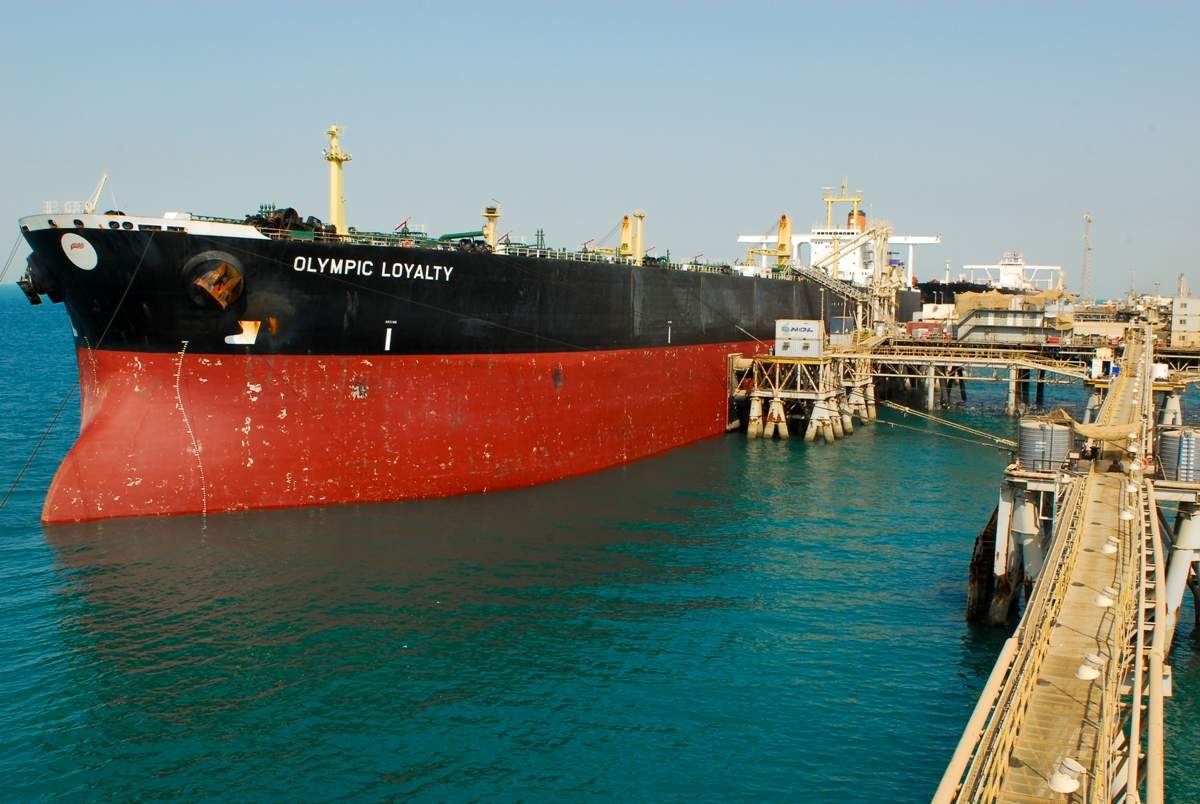With Iraq’s common seawater supply facility unlikely to be ready before 2022, the rate at which the country’s major southern fields can raise production will be impacted
Baghdad plans to boost production capacity to 6.5 million barrels a day (b/d) by 2022, up from about 5 million b/d now. This includes capacity in the semi-autonomous Kurdistan region of northern Iraq, where the regional government hopes to double its current 350,000 b/d production over the coming 12 months.
But its use of technical service contracts has scared off many international oil companies (IOCs), while others have been trying to negotiate new terms with the Oil Ministry.
Under Iraq’s 2009 bid rounds, fields were awarded to international oil companies on the basis of a per-barrel remuneration fee and plateau production targets. Critics of the bid rounds said the plateau production targets led to IOCs promising unrealistic targets for fields.
Iraq has pressed international contractors to increase output capacity. They obliged after the government settled its arrears with the sector in early 2017 and the subsequent prompt payment of dues, helped by oil prices that have risen almost 75 per cent in the past year.
Treated seawater
Key to reaching the longer-term targets is the common seawater supply facility, which will provide about 5 million b/d of treated water for injection into some of Iraq’s massive southern oil fields to support reservoir pressure and extraction.

US Tariffs are shifting - will you react or anticipate?
Don’t let policy changes catch you off guard. Stay proactive with real-time data and expert analysis.
By GlobalDataIn development for more than seven years, the multibillion-dollar project was meant to be up and running by now, but disputes between the Oil Ministry and its oil company developers have meant it has not even got off the drawing board.
Even though state-owned Basra Oil Company says it has a shortlist of three companies, it is hard to see a contract being awarded soon. And it is unlikely to be ready before 2022, which will affect the rate at which some major southern fields, such as West Qurna 1 and 2, Rumaila north and Zubair, can raise production.
Export terminal
Iraq also has several critical infrastructure projects that will need to fall into place. The country’s current maximum southern export capacity is 3.7 million b/d, leaving little room for increases. Boosting upstream production, without the domestic refinery or export capacity to match it, will be a waste of money.
This makes the completion of the Al-Faw storage and export terminal critical. An additional 16 storage tanks of 58,000 cubic metres each and 10 units for the main gas turbine-driven pump house are still needed to help get Iraq’s crude to loading terminals for shipment. The terminal is years behind schedule and without completion, southern export capacity will not rise further.
This article is sourced from Offshore Technology sister publication www.meed.com, a leading source of high-value business intelligence and economic analysis about the Middle East and North Africa. To access more MEED content register for the 30-day Free Guest User Programme.





